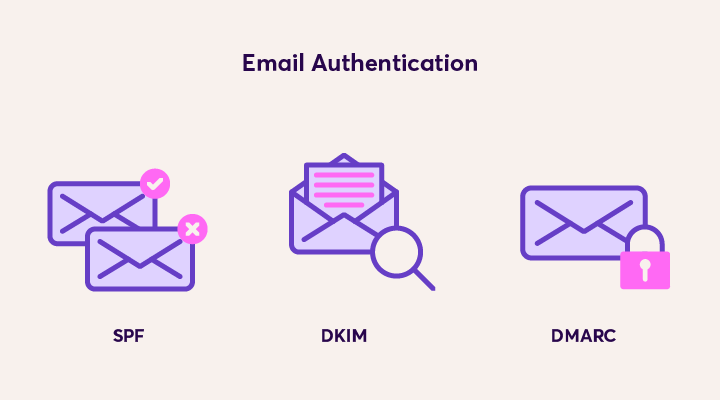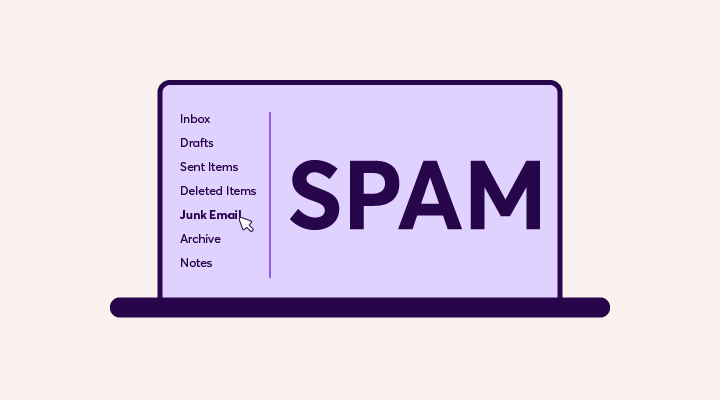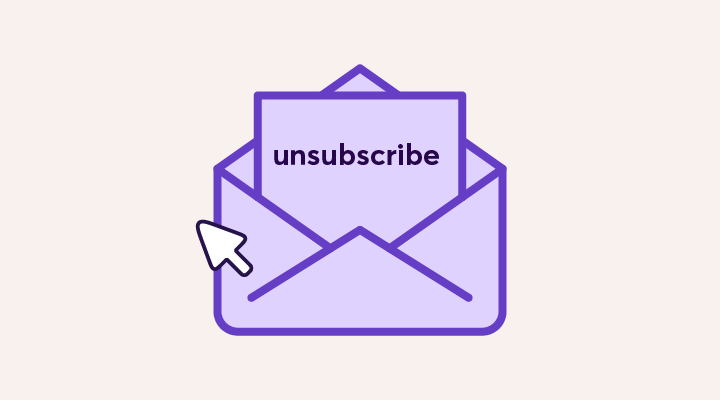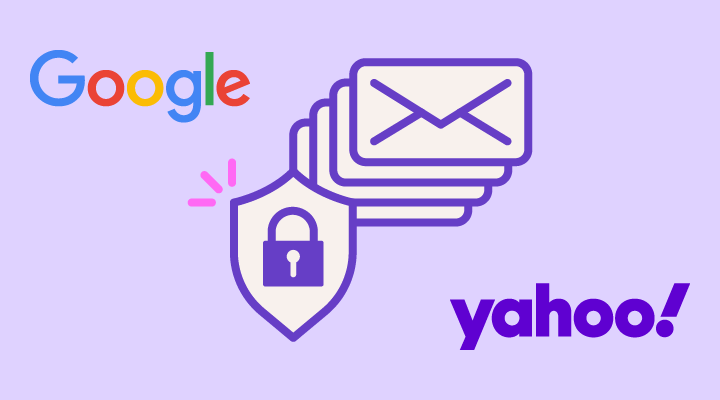Both providers have announced similar requirements, emphasizing the enforcement of strict authentication standards, simplifying the unsubscribe process from subscription lists, and maintaining a low spam rate. The changes are set to be implemented from February 1, 2024, for both Google and Yahoo.
Who will be affected by the changes
These new requirements will impact all users who send emails to Gmail and Yahoo accounts, particularly those sending more than 5,000 emails per day.
Attention! It's important to note that the 5,000 email threshold includes transactional emails as well.
The 3 Main Requirements
If you are sending more than 5,000 emails per day, there are three basic requirements you must meet:
1. Identification of the Sender's Email Domain

Senders must have correctly configured SPF, DKIM, and DMARC protocols. This is crucial for preventing online threats and risks, such as malicious emails that claim to originate from your organization.
SPF allows the server to verify that incoming emails are from an authorized and trusted IP address.
DKIM enables an organization to identify the authenticity of an email, and
DMARC certifies the legitimacy of emails sent from a domain.
For Apifon Platform Users:
-
SPF protocol: No additional configuration is required.
-
DKIM protocol: Follow the steps to verify your domain if you haven't already. Read more here: Email Verification & Domain Authentication (apifon.com).
-
DMARC protocol: Set up DMARC verification for your sending domain at your DNS provider. Google guidelines. Read more: A Simple Guide to DMARC Configuration (apifon.com)
IMPORTANT: You must avoid using Gmail or Yahoo email addresses in the "from" field. Use email addresses with your domain instead. For example, use info@apifon.com instead of apifon.info@gmail.com. If you don’t have a custom domain for your business, now is the perfect time to acquire one!
2. Low Spam Rate

Messages marked as SPAM at a rate higher than 0.3% may be blocked or sent directly to the spam folder. Using a clean list of verified email addresses helps maintain a zero percentage spam rate, ensuring your domain reputation is not negatively affected.
For Apifon Platform Users:
-
Subscribers with a high bounce rate are automatically excluded from future campaigns.
-
The double opt-in data entry method ensures that the addresses on your list are valid and not added mistakenly.
3. Easy One-Click Unsubscribe option

Unsubscribing should be as easy as subscribing (or even more!), so email communications must include a one-click unsubscribe option. The good news is that, for Apifon platform users, the one-click list unsubscribe feature has been integrated. This feature introduces a one-click unsubscribe mechanism, providing users with a hassle-free way to opt out of unwanted emails. Recipients can opt out with a simple click on a button located beside the sender’s email address, without having to open the email.
Additional Actions:
-
Update subscription sources to include CAPTCHA as bot protection.
-
Never purchase email addresses from other companies.
-
Clearly describe subscription options, avoiding automatic sign-up defaults.
-
Only send messages to users who have opted in.
-
Keep your lists organized and segmented.
-
Periodically remove inactive subscribers.
-
Make the unsubscribe link visible.
-
Avoid mixing different types of content in the same message.
What happens if you don't comply with the new changes?
Failing to implement these requirements will likely result in decreased email open rates from February 2024. In addition to that, emails sent to Gmail and Yahoo users will increasingly be directed to spam folders. As Gmail and Yahoo's reputation systems rely on subscriber interaction, a drop in opens and clicks could reduce your credibility, leading to email deliverability issues.
Similar to past trends, it is likely that these requirements will be adopted by other email providers globally. Non-compliance could result in negative brand reputation, recognition as spam, and general email undeliverability.
Useful links
Google's detailed instructions to shippers on how to implement the new requirements

